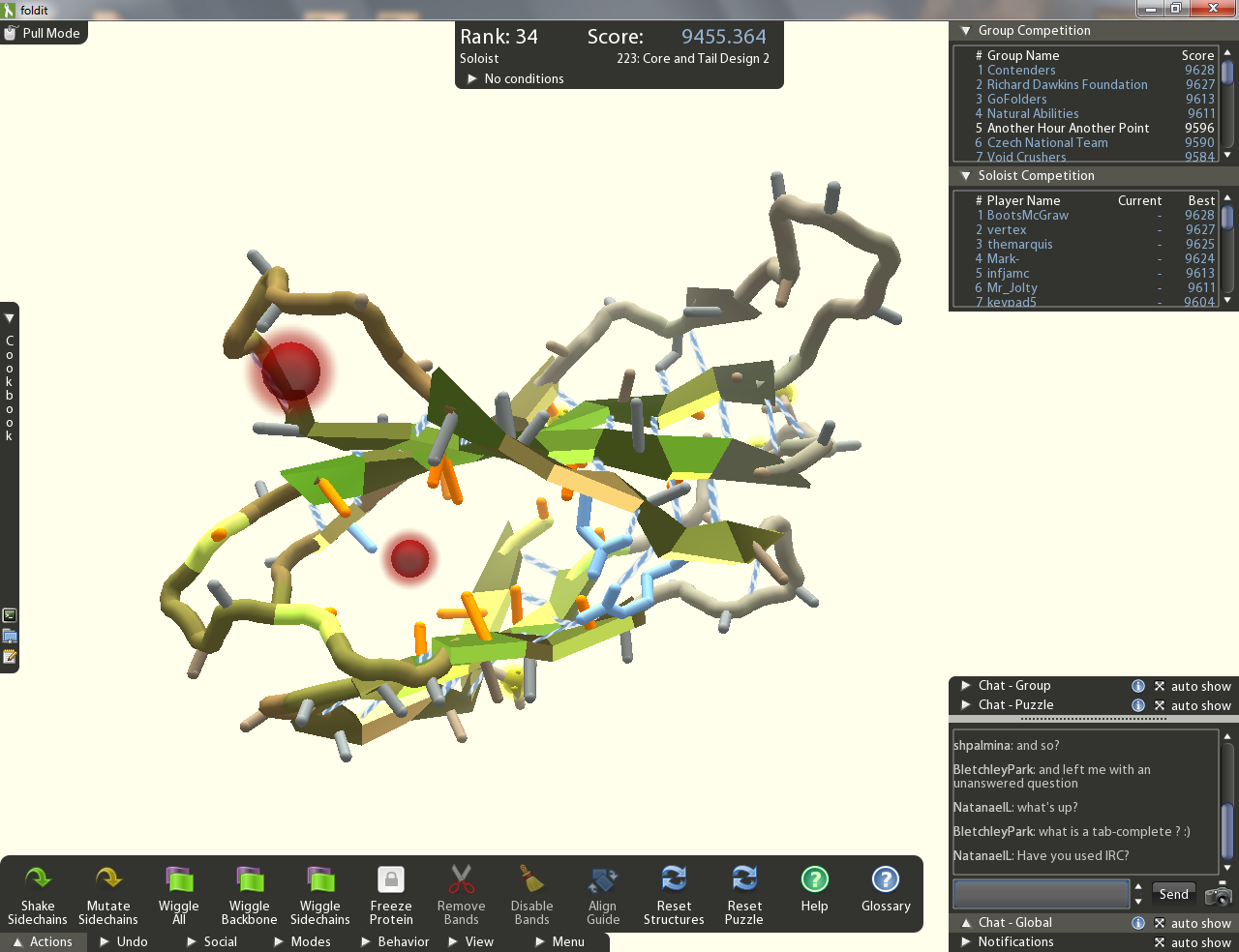
Tobacco might have finally found the image upgrade it’s been looking for, as scientists hope to use the plant to produce a safe and cheap Zika vaccine.
If successful in humans, the plant-based approach could provide an effective solution for countries affected by the disease.
Read/listen to my full story at KJZZ’s Arizona Science Desk:
Scientists Use Tobacco Plant As Cheap, Scalable Zika Vaccine Factory

